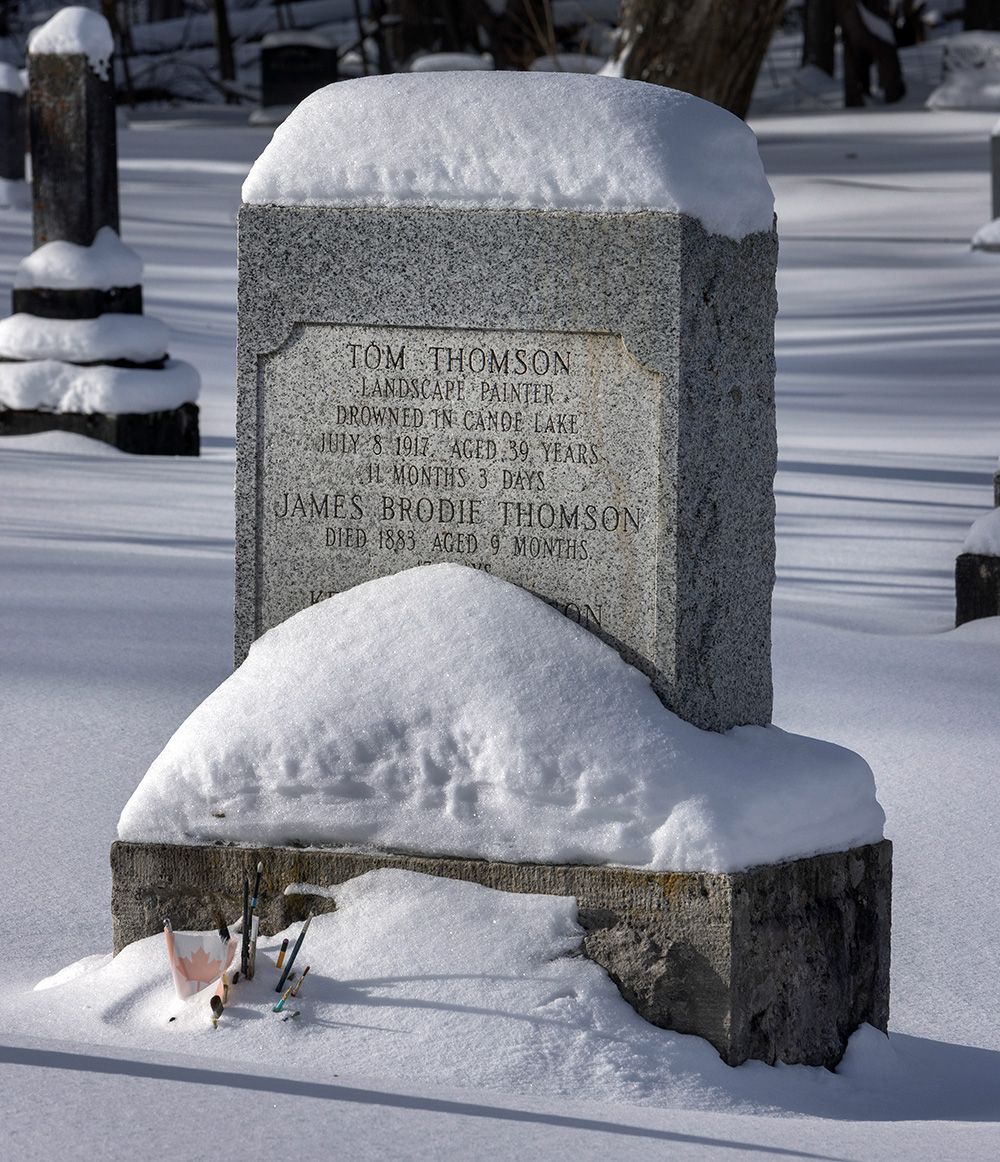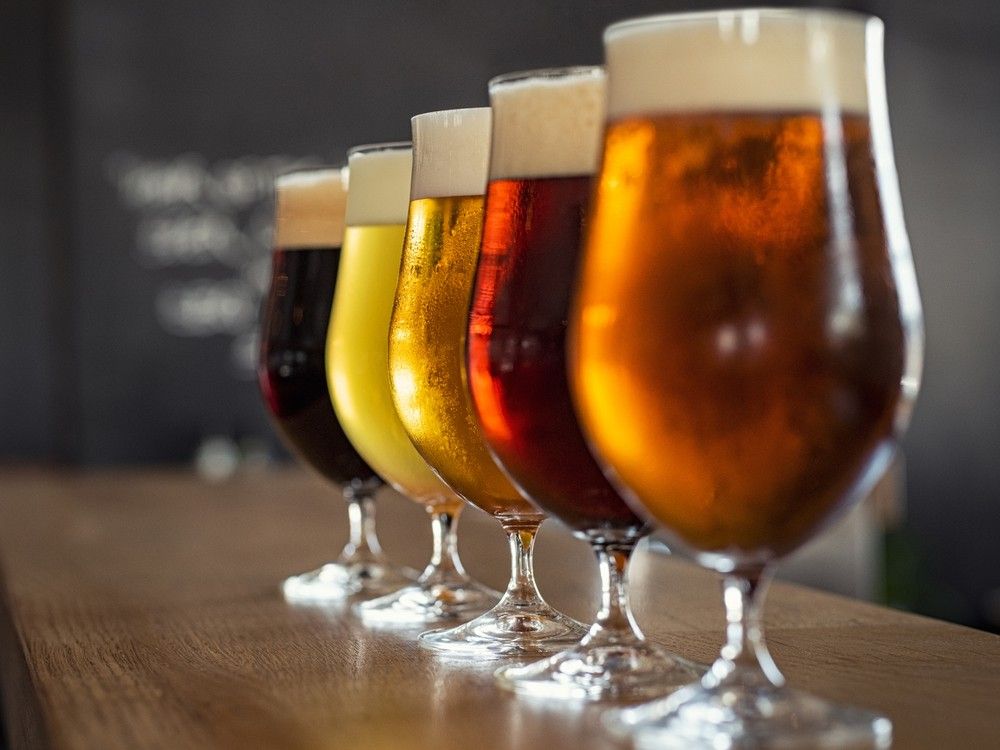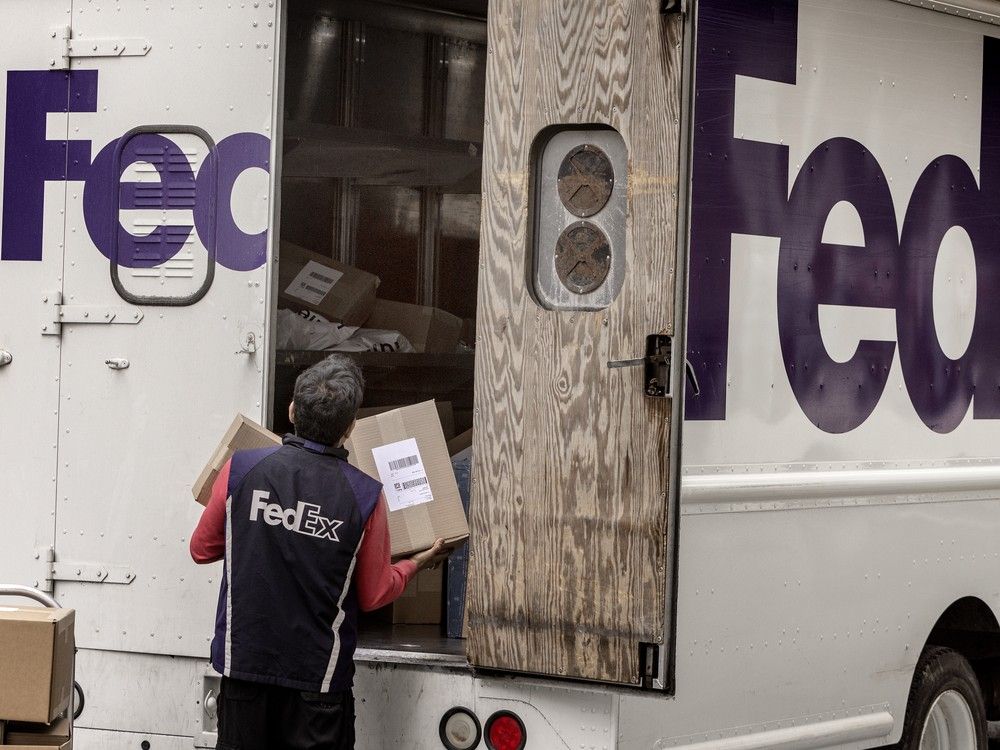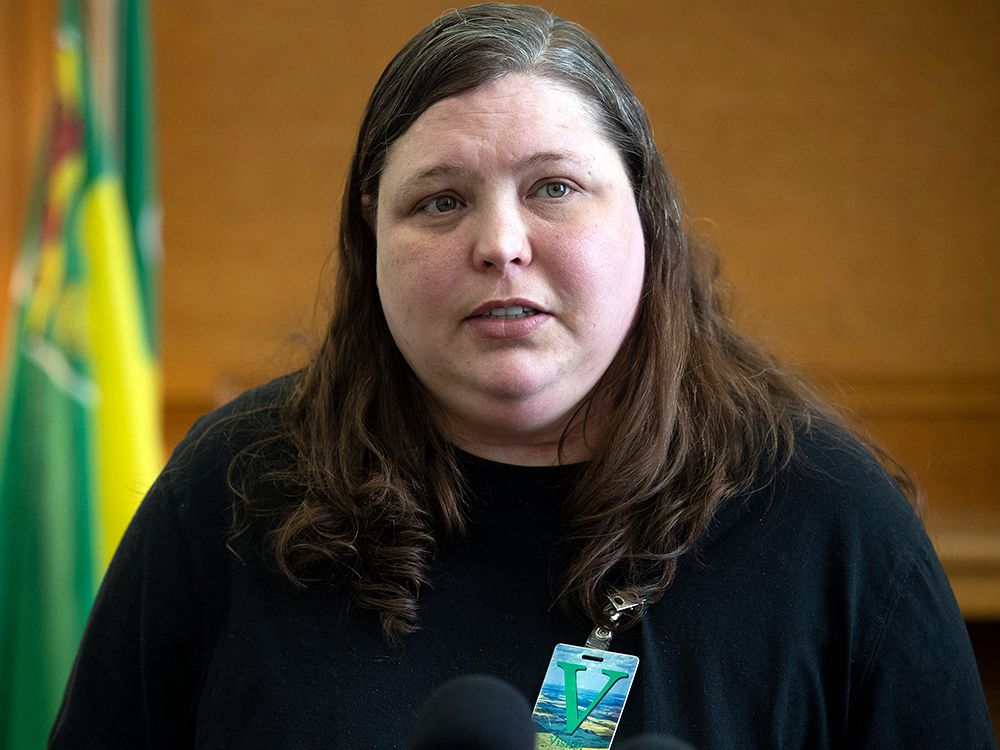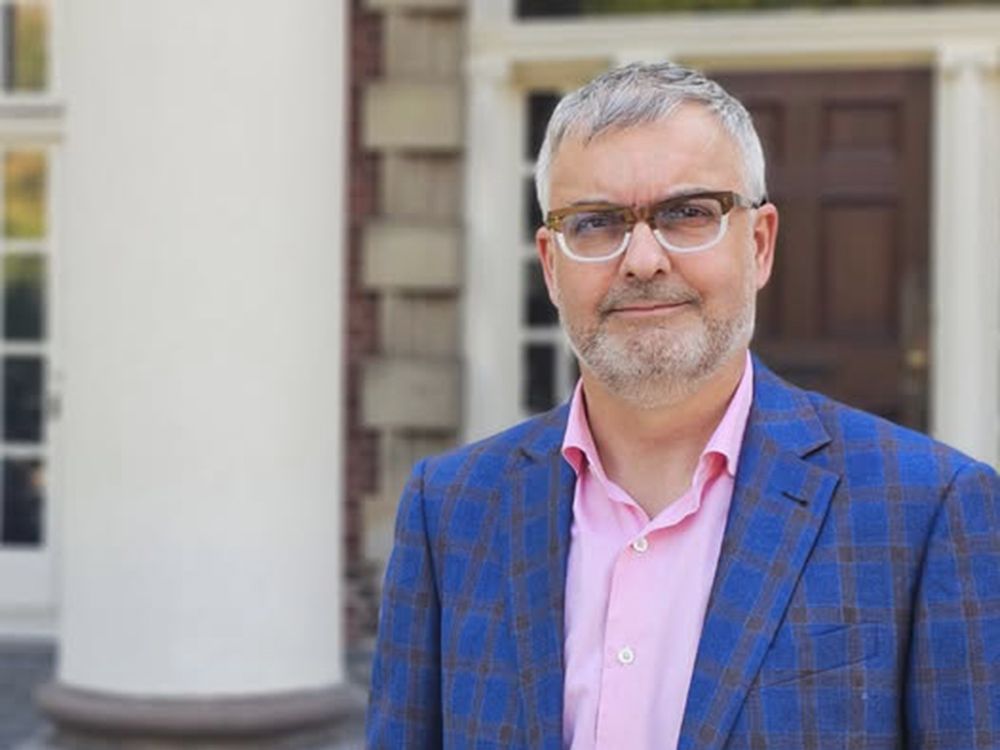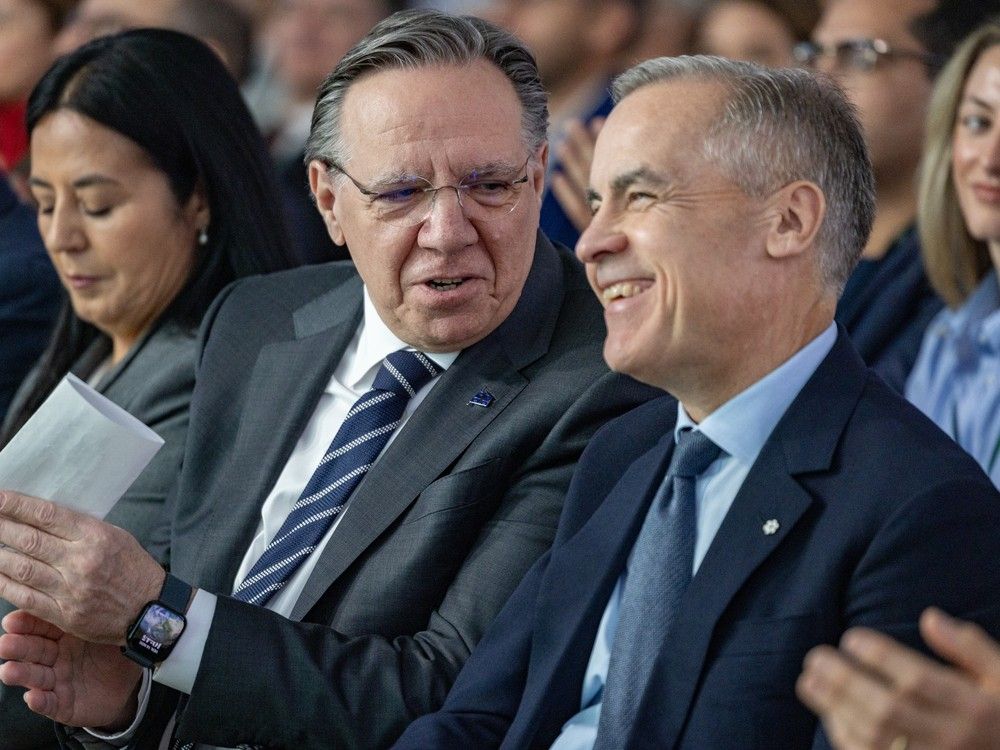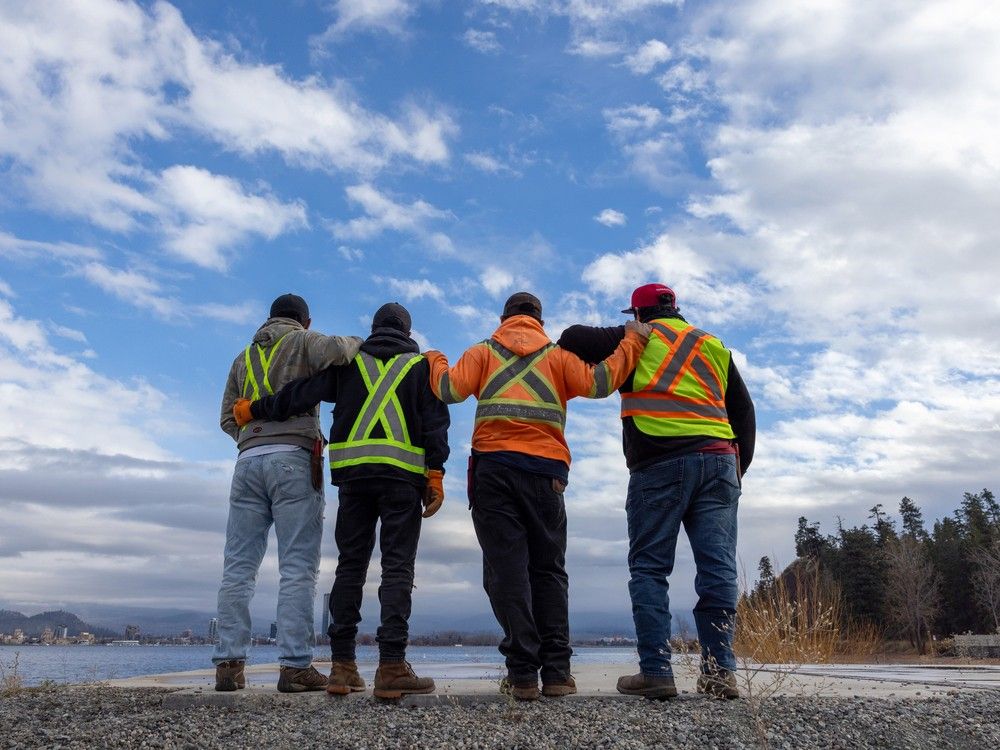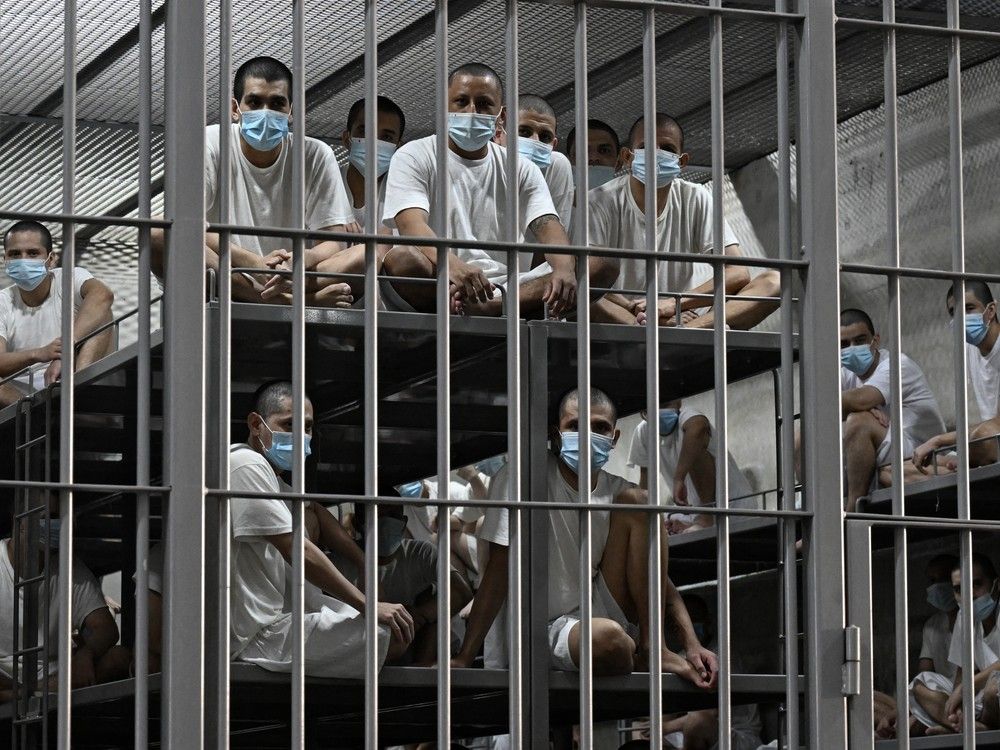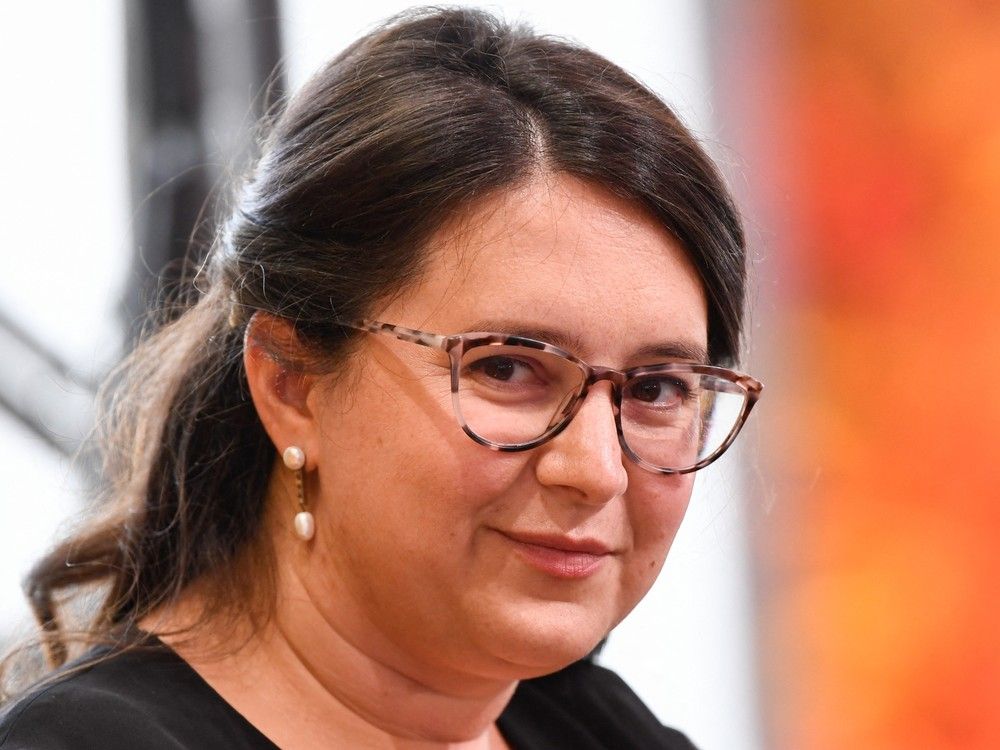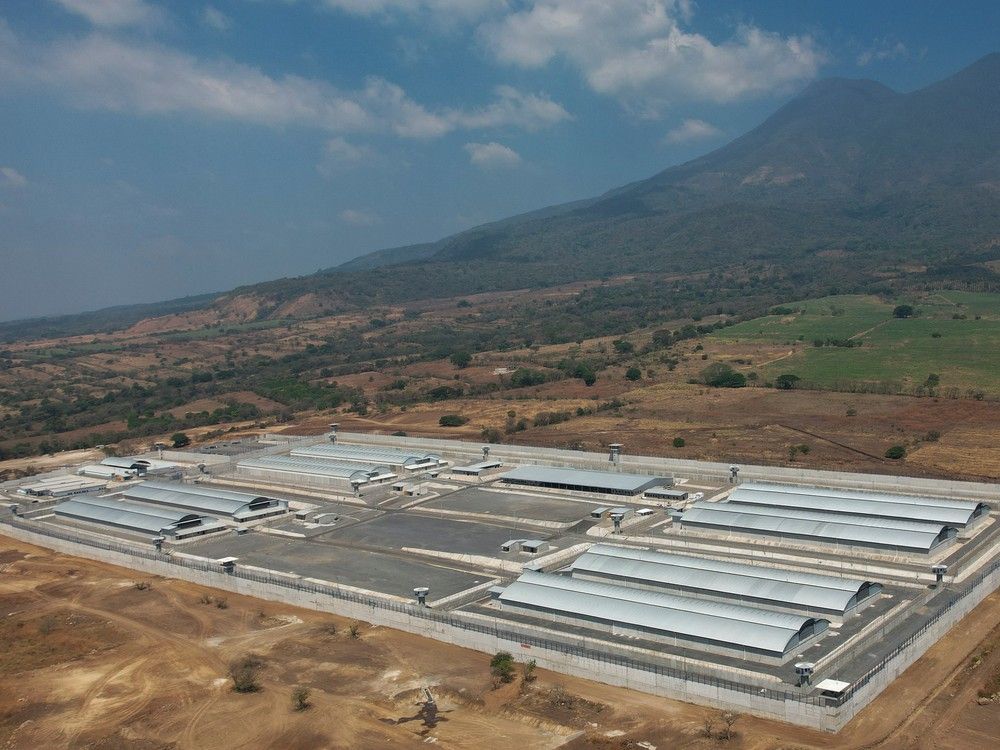
It was presented to Canadians as an exceptional option to an already approaching natural death. How did doctor-assisted dying become so popular?
Nearly a decade after the Criminal Code was amended to permit doctors to end, under certain conditions, a consenting person’s life, one in 20 deaths in Canada now involve medical assistance in dying (MAID).
While proponents say the numbers reflect a pent-up demand for an end-of-life option that’s long had broad support among Canadians, critics fear MAID is being sold as a medicine, a “death therapy,” and that some lives are being ended based on overly loose and questionable interpretations of the law.
“I think most people in Canada would at least acknowledge that we’ve gone way beyond an exceptional practice that is a last resort measure,” said Trudo Lemmens, a University of Toronto health law and policy professor.
The curve may be flattening: The year-over-year rate of growth has fallen further and faster than some expected. However, the number of Canadians who died by a doctor-administered lethal injection in 2024 reached its highest level, a total of 16,499 people, to date.
What was once considered antithesis to the Hippocratic oath by the country’s largest doctors’ organization — actively expediting death — has become a relatively common medical act.
But how many assisted deaths are too many?
While a new paper argues Canada should expect the absolute number of MAID deaths to rise as the population grows older, and that there’s no ideal or correct number of assisted deaths, others are calling for an overhaul of the system, arguing reviews of select MAID cases in Ontario point to some serious problematic practices.
“It is troubling that documented problematic applications of MAID have not yet resulted in either criminal or professional regulatory intervention,” Lemmens
wrote in a special issue of the Canadian Journal of Bioethics devoted to MAID
.
In Ontario, all MAID deaths are retrospectively — after the fact — reviewed by the Office of the Chief Coroner.
In January 2024, a special MAID death review committee was also set up to highlight cases chosen to “generate discussion, thought and considerations” to improve practices.
Of 4,356 MAID deaths in Ontario in 2024, most, 88 per cent, met all legislative requirements, according to the coroner’s office.
But concerns flagged by the
death review committee
, of which Lemmens is a member, include lax interpretations of legislated safeguards, minimal or sloppy assessments of a person’s capacity to choose an assisted death, minimal discussions around alternative means to relieve someone’s suffering, risks of coercion from family members or burned out caregivers and doctors accepting nods and hand squeezes as signs of final consent in the moments before the first injection.
The law no longer requires that a person’s natural death be reasonably foreseeable, nor must people exhaust all available options to relieve suffering. For those whose natural deaths are near, same-day or next-day MAID are possible. In Canada’s wait-list-beleaguered health system, it can be easier to get access to MAID than to needed care, Lemmens and others have argued.
In B.C., a grieving mother whose daughter died by MAID in July 2023 is pushing for a review of a decision by the provincial doctors’ regulator dismissing her complaint that her daughter would not have opted to end her life if doctors had provided appropriate care for her psychiatric condition, which would have made her better able to manage her physical condition. The mother alleges that her daughter died due to inadequate care and “an overall failure of the health care system,” according to a health services review board ruling granting her an extension to apply for a review of the complaint dismissal.
This month, American conservative commentator Glenn Beck offered to pay for Saskatchewan’s Jolene Van Alstine to travel to the U.S. for surgery for a rare parathyroid disease that has left her virtually housebound with extreme pain and nausea. Van Alstine has said that if she can’t get treatment,
she will choose an assisted death
.

Lemmens finds these tragic cases uncomfortable, arguing they’re too easily politicized. Beck has criticized Canada’s “culture of death.”
“But I think it’s still appropriate to say that it’s quite extraordinary, it’s simply a fact, that MAID has been prioritized and is so easily accessible,” Lemmens said in an interview with National Post.
He worries about further expansion, including hot button issues like MAID for mental disorders (due to come into force in 2027) and advanced requests that would allow people with degenerative diseases like Alzheimer’s to make a written request for MAID that could be granted years later, after they lose the capacity to make medical decisions for themselves.
Polls show high support among Canadians for advance requests. However, Lemmens wrote, “Who will decide when the time has come? On what basis will these judgements be made?
“How can we expect physicians or nurse practitioners to end the life of a person who has no clue as to why they are being sedated or getting a needle inserted into their arm?”
Others say critics are painting a distorted view of Canada’s MAID regime. “Don’t let naysayers … who appear to be convinced that the Canadian MAID system is gravely flawed, seriously unsafe and because of ‘provider concentration’ essentially corrupt, throw the baby out with the bathwater,” American philosopher and bioethicist Margaret Battin wrote in
American Journal of Bioethics
in response to an earlier critical analysis by Lemmens and his co-authors. (A small number of providers — 102 — were responsible for about a third of all MAID deaths in 2024.)
Despite its flaws, the system is “generally well safeguarded, and, above all, it is humane and respectful for those who wish to legally choose how their already challenging lives shall end,” Battin said.
There have been 76,475 MAID “provisions” since the practice was legalized in 2016.
Last year, 732 Canadians were euthanized as “Track 2” cases, meaning that while their suffering was “enduring and intolerable”, their natural deaths were not reasonably foreseeable. People could have years, if not decades, of life.
“These are 732 people who would be alive (today),” Lemmens said. “We have to ask, in all these 732 cases of people who suffered intolerably, were there no other options? I have my doubts.”

“Some of the frequent providers will say there’s a high provision because there’s a high demand. ‘It’s the law of the market,’” Lemmens said.
However, Canada (where 5.1 per cent of all deaths were via MAID) has bypassed Belgium (3.6 per cent of all deaths in recent years) where euthanasia has been legal since 2002 and is quickly gaining on The Netherlands (5.8 per cent of total deaths), Lemmens said. At 7.9 per cent of all deaths, Quebec has the most prolific regime in the world.
Disability rights advocates fear people with disabilities who are also grappling with poor housing, poverty and other oppressive conditions are especially vulnerable to MAID.
But if the numbers are too high, “the obvious question is: too high relative to what,” University of Toronto philosopher and professor emeritus Wayne Sumner asked
in another paper
in the Canadian bioethics journal.
“MAID is not like, say, immigration, where the government can set an annual intake target and then work toward hitting it,” Sumner wrote. Instead, the annual number of deaths will be determined by demand — the number of people requesting and qualifying for it — and the number of practitioners willing to provide it, he said.
“The current legal regime for delivering MAID is enormously popular among Canadians,” Sumner wrote, noting how one sample of 228 Canadians aged 60 and older polled found 47 per cent would “probably” or “definitely” choose MAID if facing a long and painful death from a disease like cancer. “That is a lot of potential demand,” Sumner wrote.
MAID is more scrutinized and regulated than other forms of end-of-life practices, like withdrawal of life support, added Sumner, who believes the opposition is more ideological than pragmatically driven.
“If we regard an increasing number of joint replacements or abortions as a success, with supply having risen to meet demand, why should we think that an increasing number of MAID provisions is a failure, or somehow a problem,” Sumner wrote.
“If more awareness, more providers and more support are good things for these other services, why are they a bad thing for MAID?”
“Of course, I think MAID Is very different from a lot of other medical procedures, just by virtue of its very nature,” Sumner said in an interview. MAID, he wrote, “both causes death and is intended to do so. That makes it special enough to require a statutory exemption from the general legal prohibition of consensual homicide and assisting a suicide.”
Sumner said the numbers to date reflect a built up demand “that takes a while to work its way through the system.”
“I don’t know if the rate of increase is going to decline to zero” he said. As more people hit the 75-years-plus mark (the median age of death by MAID is 78), the absolute numbers will rise, though he doubts the number will reach the 10-per-cent-of-all-deaths mark some have predicted.
When cases do hit the media of people choosing MAID because of a lack of medical or social services, “I’ve never quite understood why people who point to these cases think that the fix needs to be with MAID,” Sumner said. “I think the fix needs to be with the medical system.” He said he struggles to square the argument that disabled people are unable to make an autonomous choice for MAID with the fact the fight to legalize assisted dying in Canada has been led by people with disabilities like Sue Rodriguez.
Sumner supports Lemmens’ calls for more reporting and more transparency. However, “people who wanted (MAID) a legal option are happy that it’s a legal option. They don’t seem to be swayed too much” by the negative publicity, he said.
According to the Canadian Association of MAID Assessors and Providers, the “rare, edge-case scenarios” that have hit the media “do not reflect the reality for the vast majority of Canadians who seek MAID, nor the clinicians who provide it with professionalism and compassion.”
The group was responding to a September feature article in The Atlantic on MAID provocatively headlined:
“Canada is Killing Itself.”
“One day, administering a lethal injection to a patient was against the law; the next, it was as legitimate as a tonsillectomy, but often with less of a wait,” the opening reads.

On a Reddit thread, most of those commenting on the article spoke in strong support of having the choice, sharing stories of relatives who have died by MAID: an uncle with late stage bowel cancer whose pain was excruciating; a grandmother with late stage esophageal cancer. “I do not want to be a barely breathing shrunken version of myself in bed, you best believe I will avail myself of MAID if I am eligible, and I am thankful that others are able to for themselves,” one nurse wrote.
“I personally know two people who had MAID, and I think I’m not unusual,” Sumner said. “The families that were involved in those two cases were very happy with the way things went.
“That’s what partly keeps the public support strong. They can see it happening.”
Lemmens, who is pushing for a “rethink” of the regime, including, at a minimum, more rigorous screening and procedures to determine a person’s decision-making capacity, believes the emphasis on making sure people have access to MAID has trumped protecting people from a premature death if they’re opting for MAID in a moment of despair, “because they think they no no other option.”
In Ontario, if a review of medical charts shows “concerning actions” by a medical professional, the Office of the Chief Coroner can inform the appropriate regulatory college, the Ministry of the Solicitor General said in an email to National Post.
Since 2016, the OCC has referred 13 MAID practitioners to their respective regulatory colleges.
“The OCC is not informed of the outcome of any investigation undertaken by the regulatory colleges, however findings may be publicly shared by the college,” the ministry said.
“The OCC will coordinate closely with law enforcement if a referral is necessary, however to ensure the integrity of any investigation, information cannot be shared regarding the notification or investigation.”
National Post
Our website is the place for the latest breaking news, exclusive scoops, longreads and provocative commentary. Please bookmark nationalpost.com and sign up for our newsletters here.






